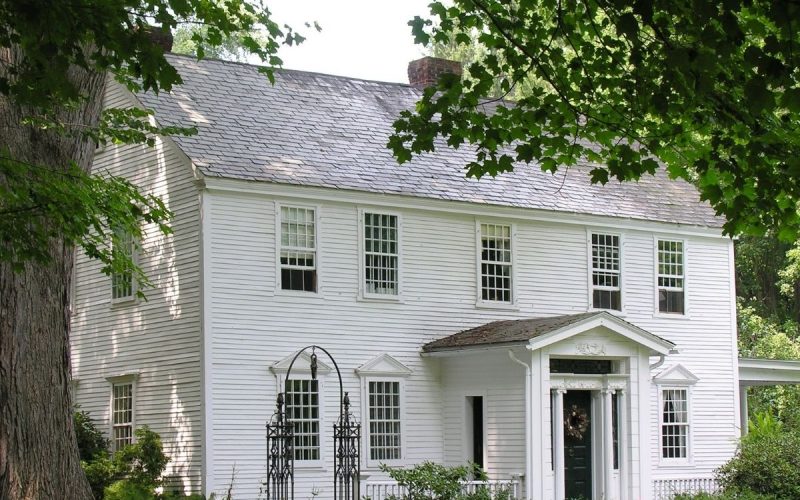There’s a reason why so many people want to invest in older homes. Whether it’s because of their vintage charm or lower costs, buying an old house has a lot of benefits.
However, mature structures also come with a few concerns that you should be aware of before purchasing. Learn about the potential health risks of living in an older home before you make a long-term commitment.
Carbon Monoxide
Vintage homes usually have old furnishings that sustain damage as they age. Faulty heating appliances like chimneys and furnaces can allow carbon monoxide to leak into your home through unsealed cracks and broken components.
This potentially deadly substance can be hard to identify before it’s too late. Before buying a fixer-upper, inspect all heating devices for wear and tear to avoid carbon monoxide poisoning.
Mold
Mold can develop in any damp area and grow uncontrollably without intervention. Older homes are especially vulnerable to mold and mildew because they are more likely to accumulate damage to components that could leak, like pipes and HVAC units.
Experts link excessive mold to many health problems, including respiratory illnesses and infections. Make sure to dry out any moist areas and have a professional address any potential health hazards before moving in.
Lead
Before the 1970s, it was common for contractors to use lead in various home components. If you’re thinking about purchasing an older structure, you’ll likely come in contact with lead at some point.
Most people find lead in old paint jobs and water pipes. This compound is especially harmful to children, often causing developmental issues and setbacks if they ingest it.
You can remove lead paint, but make sure to consult with a professional to protect yourself from harm. If your older home has lead in its pipes, you’ll need to install a filtration system to remove any harmful impurities.
Asbestos
Another potential health risk of living in an older home is asbestos exposure. Like with lead, contractors used this substance often in insulation, roofing, and pipes before the 1970s.
The long-term health effects of asbestos exposure can be devastating to your overall well-being. Asbestos is a carcinogen and can increase your chances of developing various cancers and other debilitating respiratory diseases.
Potential health hazards shouldn’t keep you from flipping old homes into modern sanctuaries. Knowing about the risks will allow you to protect yourself and make the best decisions for you and your family.

